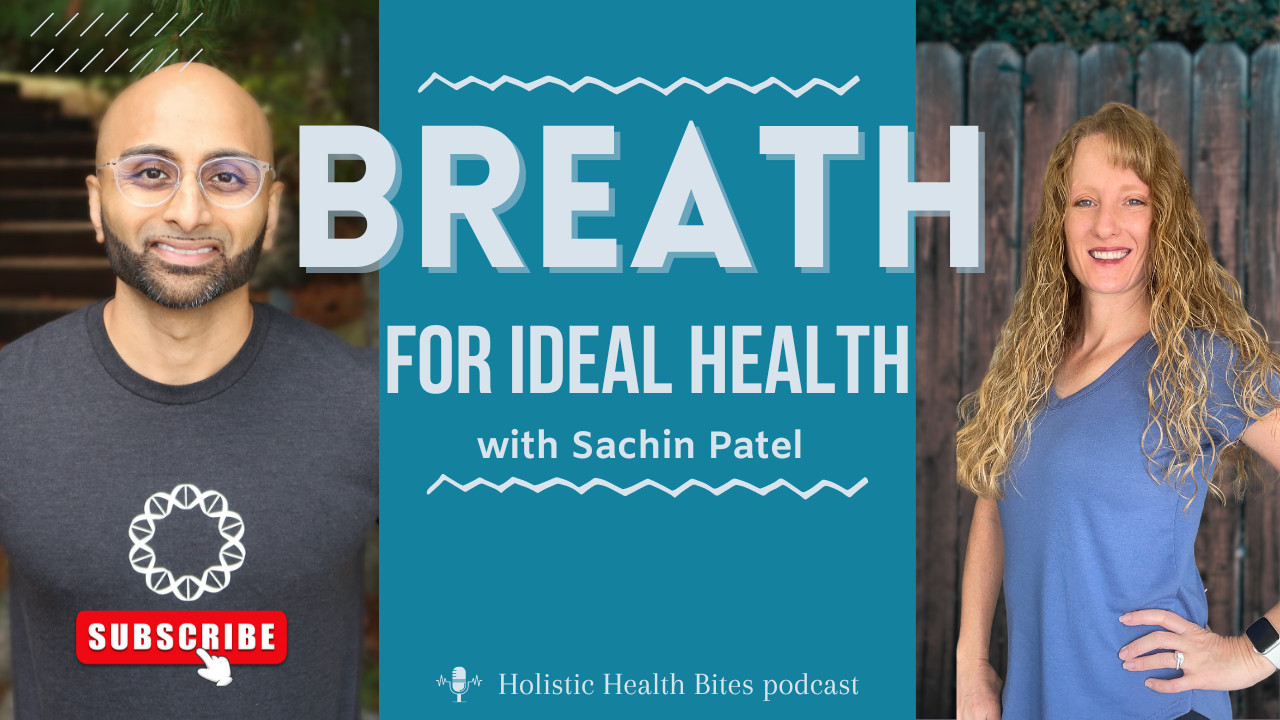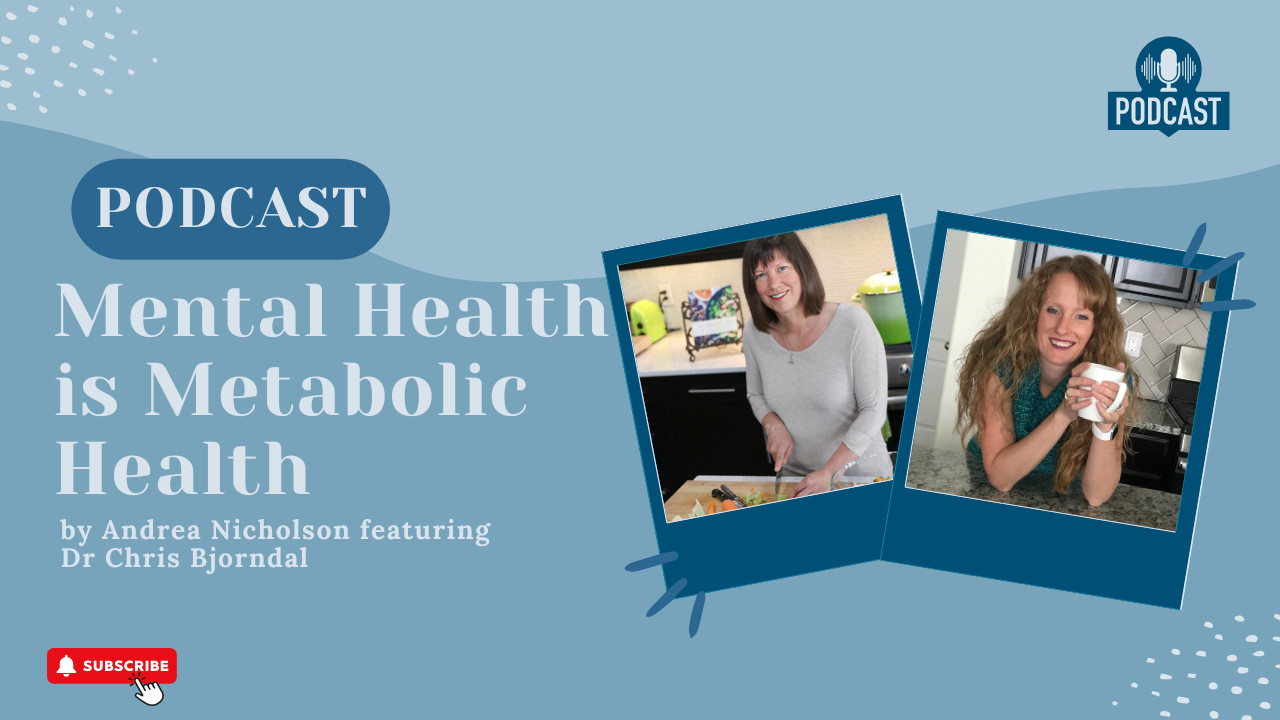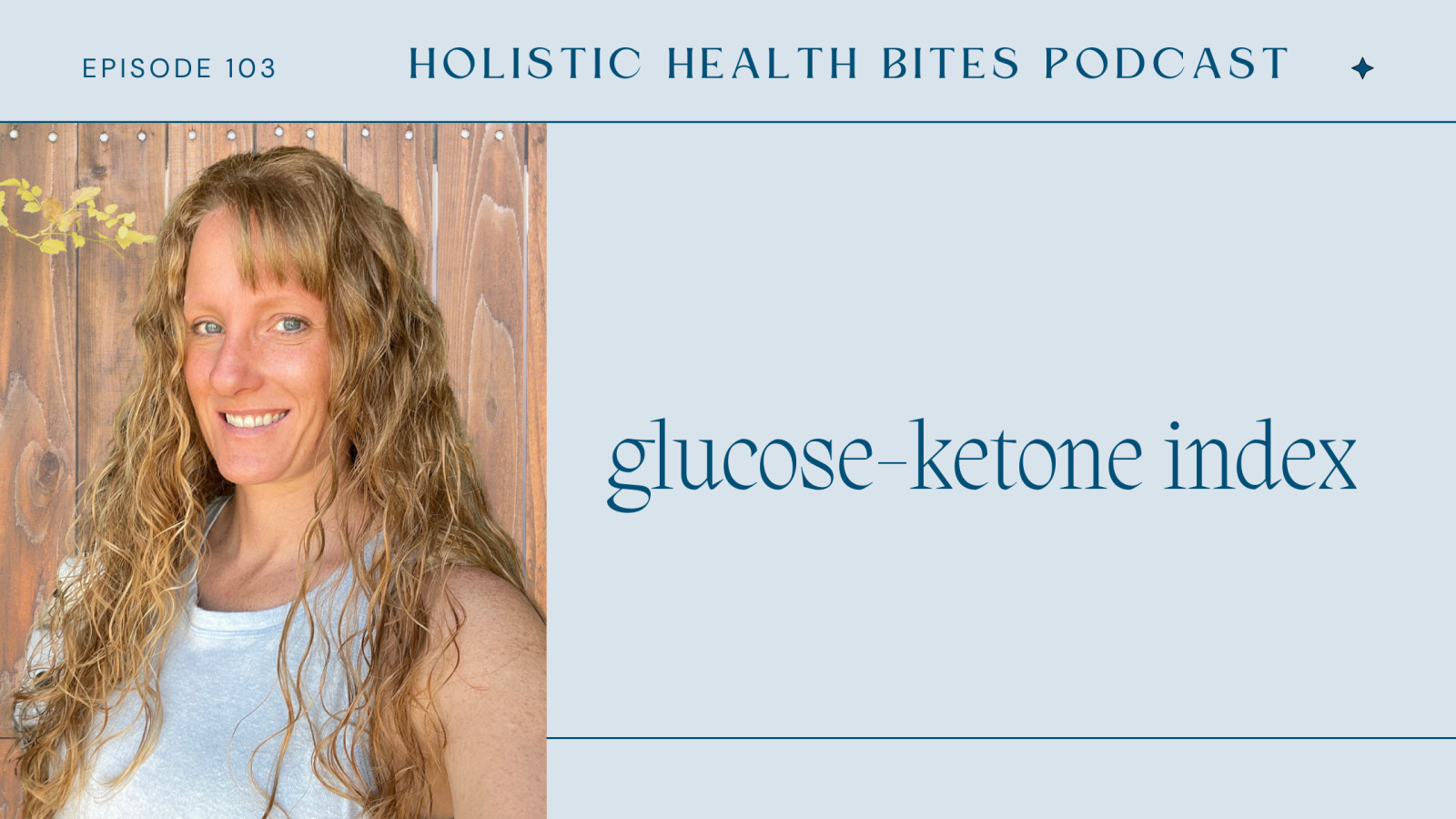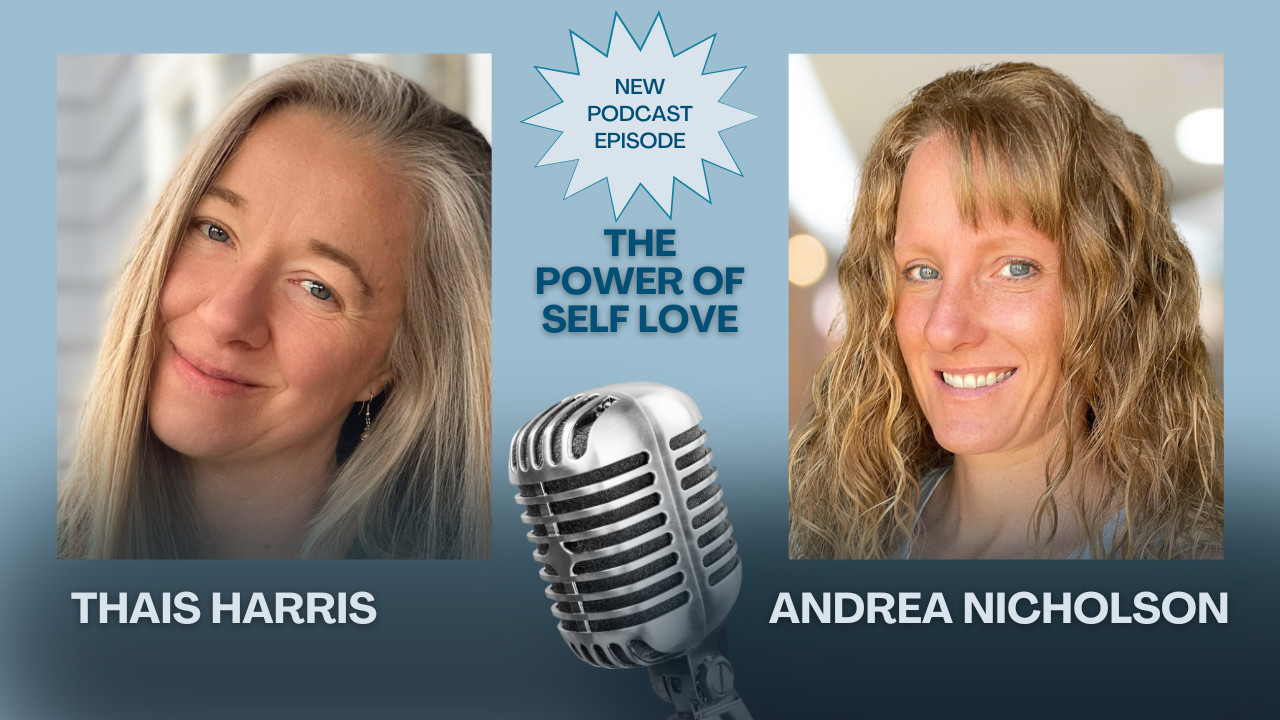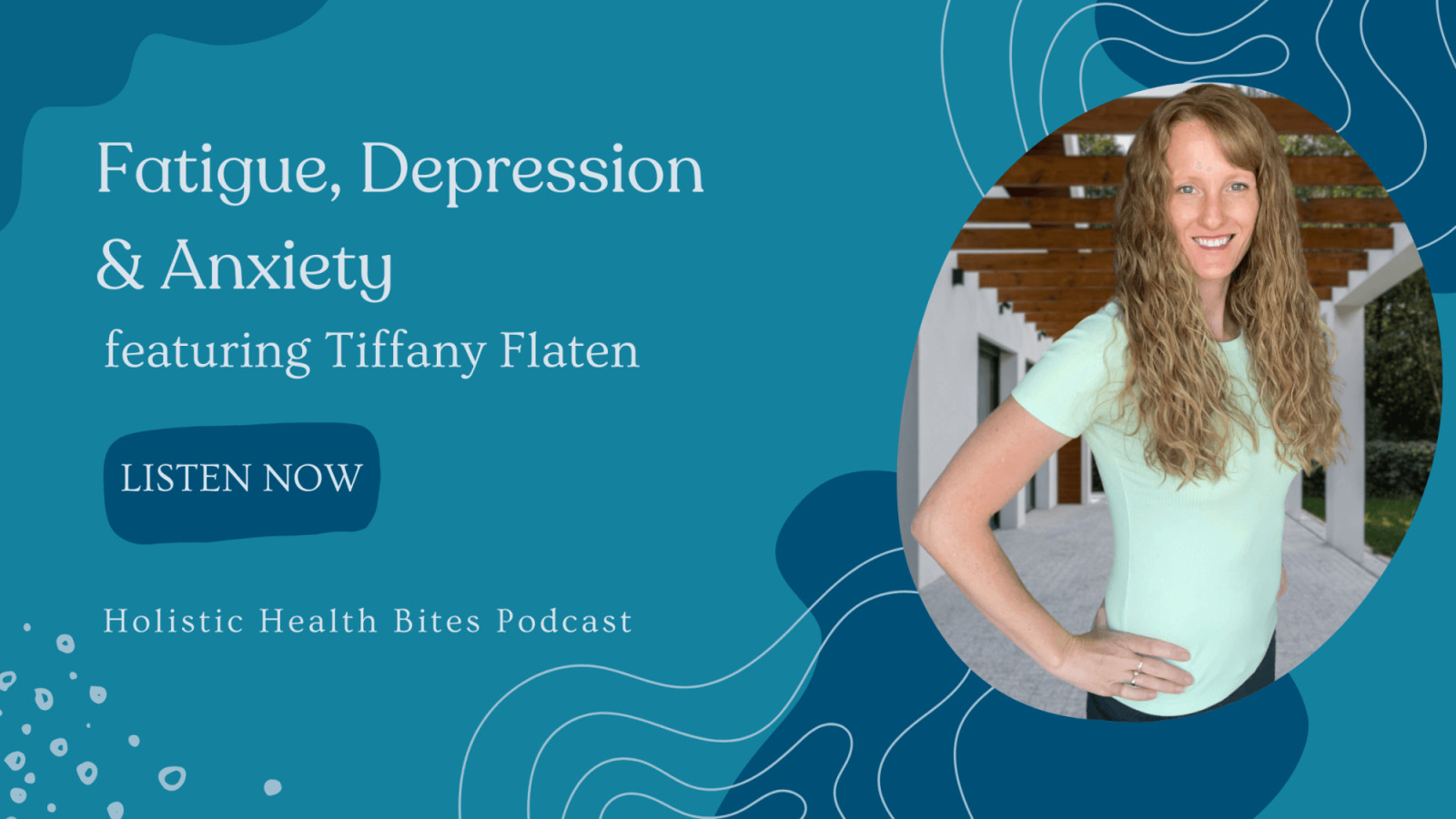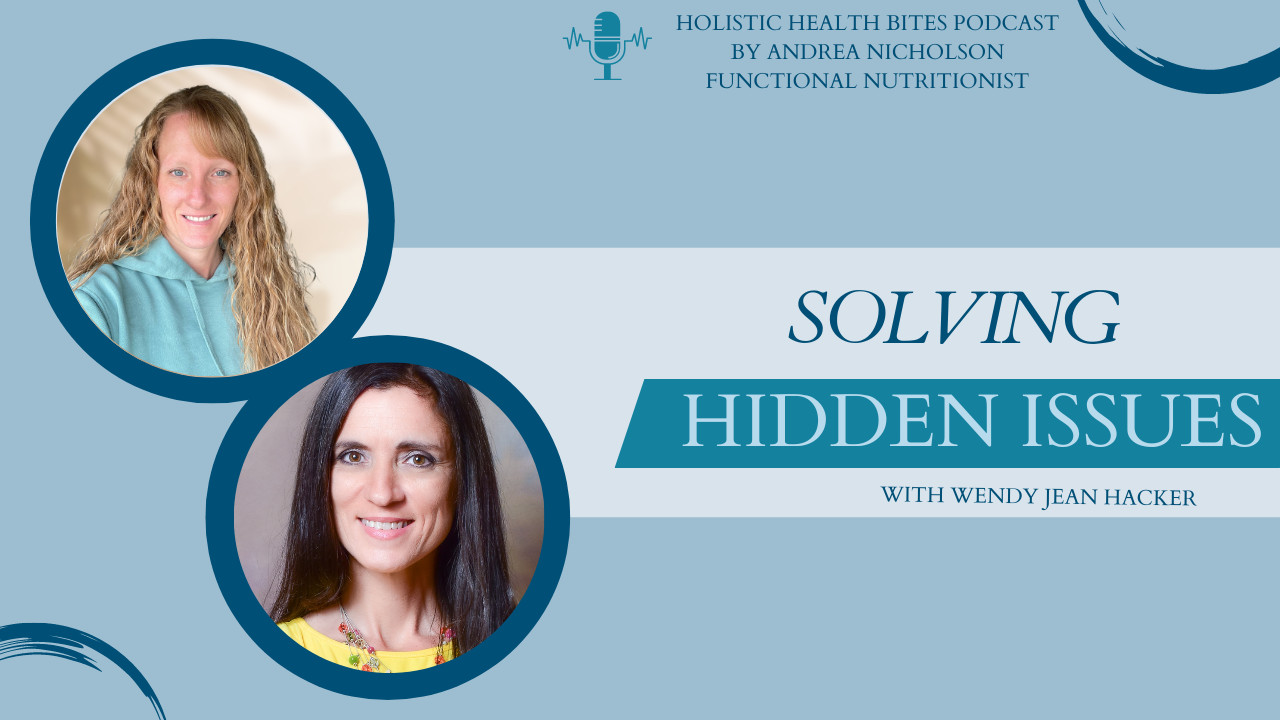Functional Nutritionist Andrea Nicholson discusses our addiction to stress and the negative impact it has on our lives. Many of us have become accustomed to living in a constant state of stress, always feeling pressed for time and worrying about things that may never come to pass. Nicholson explains that stress has become like a drug for us, providing dopamine hits when we cross things off our to-do lists or achieve new goals. However, over time, these hits become less satisfying, and we need more and more stress to feel joyous and satisfied.
To break free from our addiction to stress, Nicholson recommends several steps. First, we need to recognize that we have a problem and acknowledge the unhealthy role stress plays in our lives. Second, we must learn to say "no" more often and prioritize our own well-being over constantly seeking to please others or prove how busy we are. Third, we need to find healthy coping mechanisms for stress, such as exercise, reading, or practicing mindfulness. Fourth, setting boundaries is crucial to prevent overwhelming ourselves with tasks that aren't necessary. Finally, practicing gratitude can help us appreciate what we have and find joy in the present moment.
By following these steps, we can work towards breaking our addiction to stress and living a healthier, more balanced life.
Read more...Functional Nutritionist Andrea Nicholson discusses the importance of restful downtime that goes beyond just sleep. She explains that activities like mindlessly watching TV or scrolling through social media, although not physically or mentally taxing, can still bombard us with stress, stimulation, and negative imagery. These activities actually increase cortisol levels and put our bodies into a fight or flight state, preventing true rest.
To make our downtime more restful, Nicholson suggests various activities such as spending time in nature without any electronic devices, reading a relaxing book, taking a bath in silence, stretching or doing light yoga, meditating or practicing deep breathing, and journaling. These practices can help lower cortisol levels, allowing our bodies to heal and ultimately leading to improved energy levels, productivity, and mood. Nicholson encourages listeners to incorporate at least one of these techniques into their daily routine to ensure their downtime is truly restful.
Read more...To make our downtime more restful, Nicholson suggests various activities such as spending time in nature without any electronic devices, reading a relaxing book, taking a bath in silence, stretching or doing light yoga, meditating or practicing deep breathing, and journaling. These practices can help lower cortisol levels, allowing our bodies to heal and ultimately leading to improved energy levels, productivity, and mood. Nicholson encourages listeners to incorporate at least one of these techniques into their daily routine to ensure their downtime is truly restful.
Functional Nutritionist Andrea Nicholson discusses the different sources of stress that may be affecting our lives and impeding our progress. While many of us are aware of stress, we often only consider a few factors that we have little control over. The post emphasizes the importance of recognizing and understanding all sources of stress to achieve desired outcomes.
The article covers a variety of stress-related topics, including different types of stress, sources of stress, and the effects of stress on various systems in the body. It also highlights the distinction between stress that we can control versus stress that is beyond our control. Additionally, the post introduces the Adrenal Stress Indicators test, which can provide insight into a person's specific response to stress.
Overall, "Is Stress Holding You Back?" offers valuable information for those seeking to identify and address the impact of stress on their lives and achieve better results.
Read more...In this blog post, Functional Nutritionist Andrea Nicholson explores the concept of adrenal health and HPA axis dysfunction. The term "adrenal fatigue" has been used to describe fatigue and exhaustion caused by cortisol imbalance from chronic stress. However, research has shown that this issue involves more than just the adrenal glands and doesn't always cause fatigue or exhaustion.
The HPA axis refers to the interaction between the hypothalamus, pituitary gland, and adrenal glands. This axis regulates energy and stress levels, metabolism, and immune response. Imbalances in these systems can lead to various symptoms, including fatigue, weight gain or loss, poor sleep quality, difficulty handling stress, and more.
Fortunately, HPA axis dysfunction is reversible with lifestyle changes, dietary adjustments, and appropriate supplementation. Strategies such as reducing stress levels, practicing yoga or meditation, prioritizing sleep, maintaining a balanced diet, and engaging in exercise can help improve adrenal health. Additionally, adaptogenic herbs can counteract the effects of stress on the body. It's important to work with a practitioner to select the right adaptogen for individual needs. Functional testing can also provide insight into the root causes of HPA axis dysfunction for targeted treatment.
Read more...In a recent blog post, functional nutritionist Andrea Nicholson explores the deep connection between digestion and mental health. She reveals that there is a strong relationship between mental health problems, such as anxiety and depression, and digestive disorders. For example, anxiety is five times more prevalent in individuals with irritable bowel syndrome (IBS) than in those without IBS symptoms. Additionally, sleep disturbances and mental health challenges are closely linked, with each contributing to the other.
The human digestive system is intricately connected to the central nervous system, and the gut can significantly impact mental health. The gut-brain connection is noticeable in experiences like feeling "butterflies" when nervous or having "gut reactions" and instincts. Moreover, a large portion of important neurotransmitters for mental health, like dopamine and serotonin, are produced in the gut. Therefore, addressing digestive health is crucial for overall well-being and should be a priority when considering any holistic approach. Besides nutrition, Nicholson emphasizes the role of lifestyle factors, such as exercise, stress management, and quality sleep, as well as inner work like gratitude and seeking help for past traumas.
Given the increasing prevalence of mental health disorders, it is important not to ignore these issues. Nicholson emphasizes that while they may be common, they are not normal. Taking a holistic approach that includes addressing digestive health can greatly improve or even eliminate these challenges. She recommends functional testing to assess gut function and determine the best course of action. By focusing on nutrition, lifestyle changes, and inner work, individuals can prioritize their mental health and overall well-being.
Read more...

